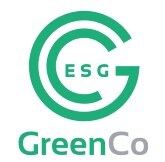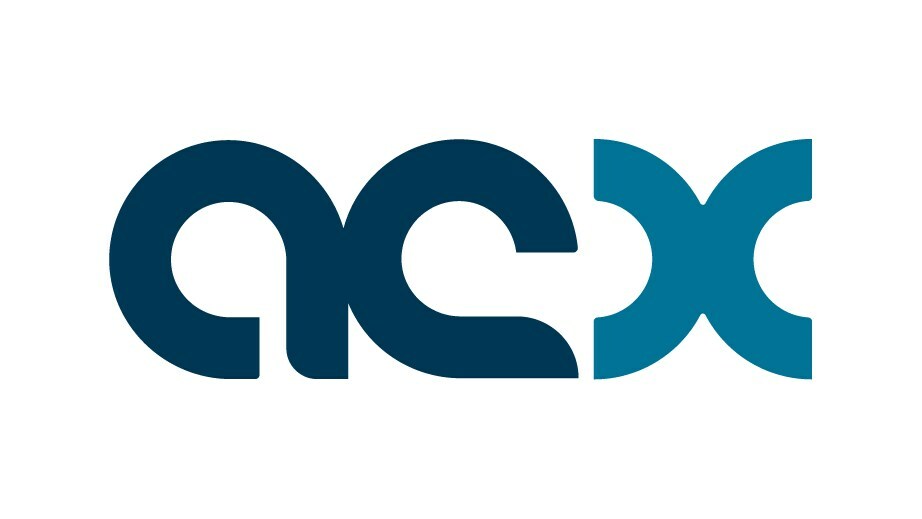HONG KONG , July 24, 2024 -- GreenCo, as an experienced ESG consulting firm in Hong Kong and Singapore, has recently observed that many companies are facing challenges in quantifying and disclosing their Scope 3 greenhouse gas ("GHG") emissions - the indirect emissions that occur outside of a company's direct operations. With the global focus on climate action and environmental, social, and governance ("ESG") reporting obligations continues to intensify, especially for stock exchanges such as the Hong Kong Stock Exchange, the Singapore Stock Exchange and the three stock exchanges in Mainland China, GreenCo sees the need for companies, especially listed companies to understand and manage their value chain emissions has become increasingly critical. In response, GreenCo has developed well-structured workflows and procedures that empower its clients to navigate the complexities of Scope 3 GHG emissions accounting.
The Challenges of Scope 3 Emissions Accounting
Accounting for Scope 3 emissions can be an immensely complex and resource-intensive undertaking, as companies will need to navigate a web of data availability issues, supplier engagement challenges, and difficulties in mapping their value chain.
Adding to this complexity, as requested by most well-recognised international frameworks, initiatives and reporting requirements, companies should account for their GHG emissions according to the GHG Protocol, which require organisations to consider 15 distinct emissions categories, from purchased goods and services all the way to employee commuting and investments. Properly addressing the minimum requirements of each identified category requires careful consideration and a comprehensive approach.
Without a clear and comprehensive understanding of their Scope 3 footprint, businesses face significant hurdles in setting meaningful emissions reduction targets and meeting the growing expectations of regulators, investors, and consumers.
Max Tsang, the Director of GreenCo, shared his observations, "Based on our experiences, we see many companies struggle to engage with their suppliers and external parties to obtain the necessary information, leading to data gaps and incomplete emissions profiles. Additionally, the lack of standardised methodologies and procedures also make it difficult for them to ensure the comparability of Scope 3 disclosures."
"The complexity of Scope 3 emissions accounting is a major barrier for many companies, but it's also a critical area of opportunity," explained Max, "By taking a strategic approach to mapping their value chain emissions, organisations can unlock valuable insights that inform their sustainability roadmap and explore competitive advantage."
The Benefits of Proactive Management
Dr. Charlie Yang, the Director and Head of GreenCo Singapore, emphasised the benefits of proactively managing Scope 3 emissions. "In Singapore's increasingly green-conscious business landscape, proactive Scope 3 emissions management is crucial. It demonstrates an organisation's commitment to environmental stewardship and positions them as a responsible corporate citizen," he explained.
Dr. Yang further noted that Scope 3 analysis can provide organisations with a deeper understanding of their value chain, potentially identifying opportunities to improve climate resilience and reduce exposure to risks. "With a more comprehensive GHG emissions inventory, including Scope 3, organisations can take a step forward to align with internationally recognised initiatives and industry best practices that investors prefer, such as setting science-based targets, and prepare to disclose more through platforms like Climate Disclosure Project (CDP)," he added.
Dr. Yang emphasised the importance of this proactive approach, stating, "In Singapore's drive towards a sustainable future, businesses that can demonstrate their commitment to managing Scope 3 emissions will be better positioned to thrive and contribute to the nation's climate goals. Acting proactively not only helps organisations enhance their preparedness for emerging regulations and align with investor and customer expectations, but it can also strengthen brand reputation and stakeholder trust through transparent disclosures."
How GreenCo Can Help
As an experienced ESG consulting firm, GreenCo is well-equipped to support organisations in overcoming the complexities of Scope 3 emissions accounting, with team of professionals possessing deep industry knowledge and experience in helping companies with complex value chains develop their Scope 3 emissions inventory.
GreenCo has developed a standardised workflow to guide organisations step-by-step in developing a comprehensive Scope 3 GHG inventory. "We will work closely with your team to help you understand your business, map out your value chain, and identify the relevant emission sources. We will then gather the necessary data and apply GHG Protocol-aligned methods for accounting," Stephanie Chan, Associate Principal Consultant of GreenCo, explained.
To simplify data gathering and consolidation, GreenCo leverages streamlined processes and cutting-edge technology solutions. "We understand that effective Scope 3 emissions management requires active engagement across the value chain. Our well-established online Data Collection Portal can help you foster collaborative relationships with your business partners easily and conveniently," she added.
About GreenCo
GreenCo ESG Advisory Limited has been focusing on ESG reporting and sustainability advisory since 2016. Having been a member of sustainability associations such as GRI Community and Business Environment Council for years, GreenCo's professional consulting group is committed to designing and providing tailored ESG advisory services. GreenCo has collaborated with over 60 listed companies and fund managers in Hong Kong and Singapore, as well as businesses worldwide, representing diverse industries in the Hang Seng Industry Classification System.
GreenCo follows international and local frameworks, including Appendix C2 (previously known as Appendix 27 / 20) – ESG Reporting Guide published by the Stock Exchange of Hong Kong Limited, United Nations Sustainable Development Goals (UN SDGs), United Nations Principles for Responsible Investment (UN PRI), Global Reporting Initiative (GRI), Task Force on Climate-related Financial Disclosures (TCFD), IFRS S2 Climate-related Disclosures, CDP Guidance Documentation and Questionnaires and S&P Corporate Sustainability Assessment. By utilising these frameworks, GreenCo offers comprehensive advisory support, delivering cutting-edge, insightful and practical solutions to our clients and various industry sectors on their journey towards transparency, sustainability, and resilience.
For more details, please visit our website: www.greenco-esg.com or www.greenco-esg.sg or access our ESG public portal: https://greenco.app
This News is brought to you by Qube Mark, your trusted source for the latest updates and insights in marketing technology. Stay tuned for more groundbreaking innovations in the world of technology.









